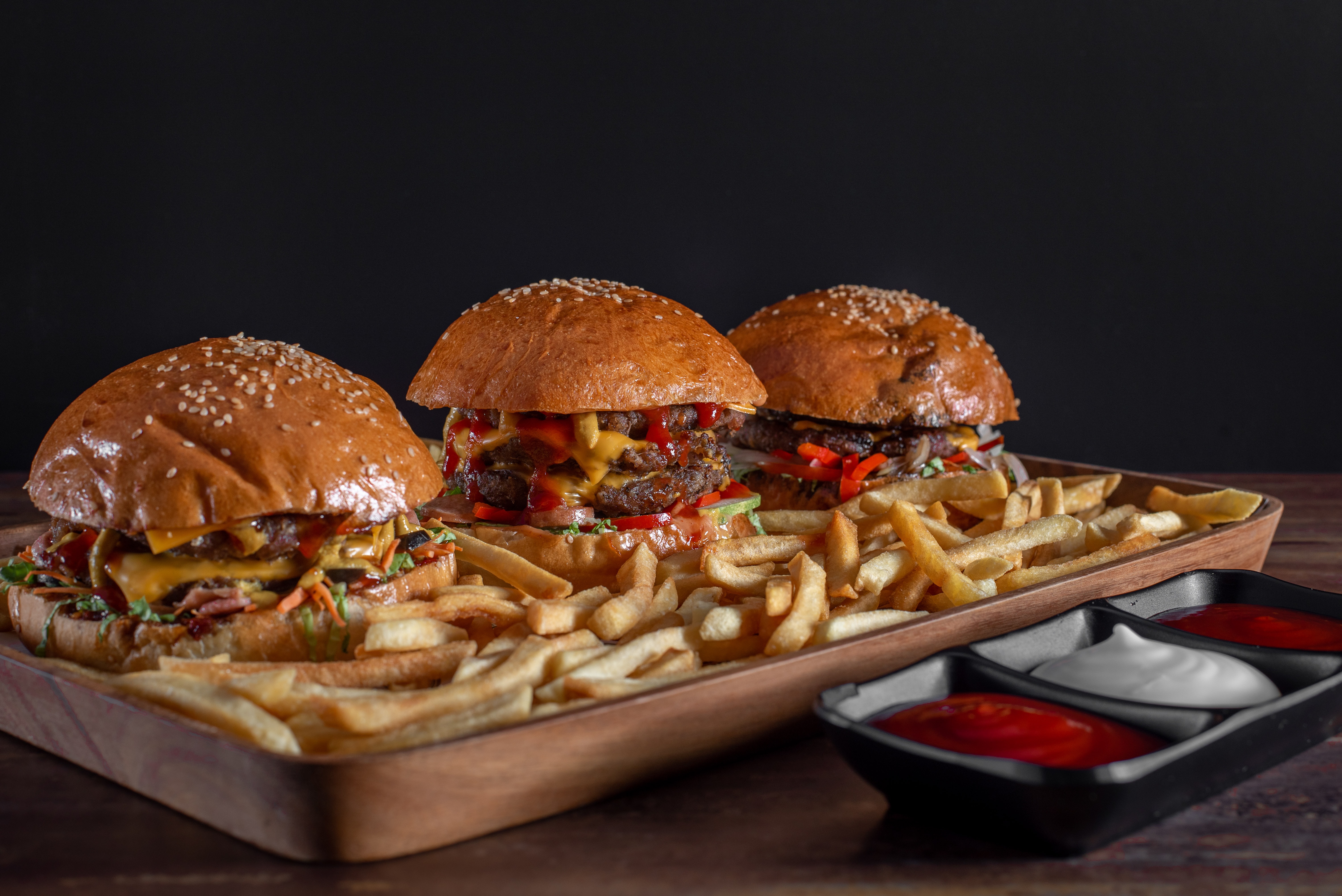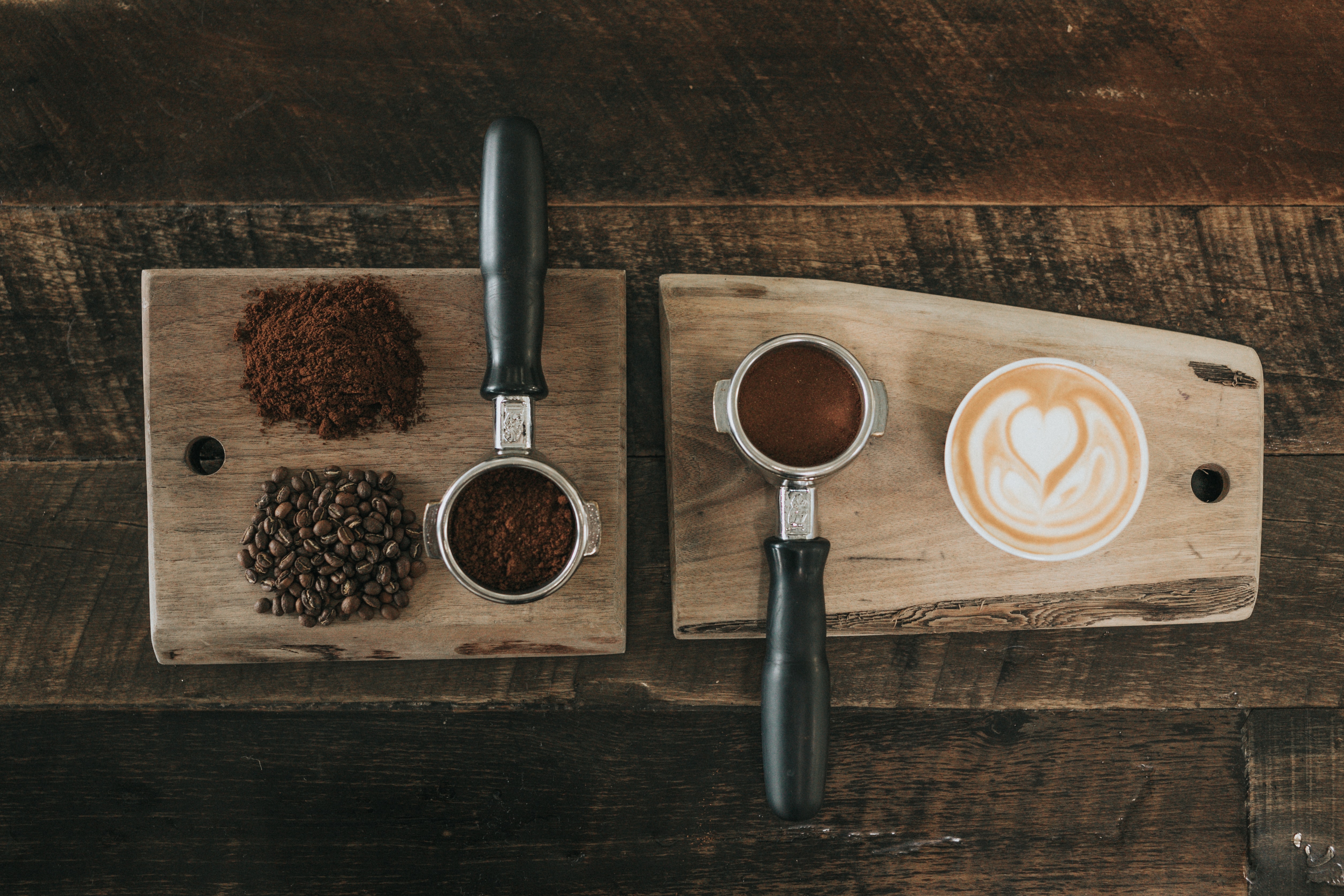Foods to Avoid When You Have PCOS
4 minuteRead

Polycystic ovary syndrome (PCOS) is a hormonal disorder in which multiple cysts are formed in the ovaries of women in their reproductive years. This syndrome affects 1 out of 10 women, causing imbalanced hormones and leading to delayed or prolonged periods, acne, excessive hair growth, extreme mood swings, and abnormal weight gain or loss. Though there is no 100% cure for PCOS, a proper PCOS diet and lifestyle changes can help manage its symptoms.
Role of Diet in PCOS
Women with PCOS are at higher risk of obesity, diabetes, thyroid, endocrine cancer, heart disease, and difficulty in pregnancy. Insulin resistance occurs when the body becomes less responsive to insulin, which can lead to high blood sugar levels and weight gain. Over 50% of women with PCOS suffer from diabetes or pre-diabetes before age 40. High insulin levels can also increase androgen production in the body, exacerbating the hormonal imbalance associated with PCOS.
Notably, it is hard to control food cravings because women with PCOS have a slower metabolism. So you must take special care of your diet to manage your insulin levels and maintain a healthy body. In this blog, we will discuss some foods to avoid with PCOS and foods to eat during PCOS.
Foods to Avoid in PCOS
Women with PCOS should avoid or limit their intake of certain foods that contribute to insulin resistance, a common symptom of PCOS. With a doctor's consultation and self-determination, you can walk on the healthy path to overcoming the major symptoms of PCOS.
Here's a list of foods to avoid in PCOS -
1. Processed and Refined Carbohydrates
Processed and Refined Carbohydrates spike blood sugar levels and lead to insulin resistance. Examples of such foods are white bread, pasta, and baked goods.
2. Sugary Drinks and Snacks
Carbonated soda, packaged juice, energy drinks, or other sweetened beverages cause a sudden spike in blood sugar levels, ultimately leading to weight gain. Sugary foods such as candy, soda, and baked goods are high in refined sugar, which can cause a rapid spike in blood sugar levels and may lead to insulin resistance and weight gain.
3. High Fat Dairy Products
Dairy products contain a hormone called insulin-like growth factor 1 (IGF-1), which can cause the development of cysts in the ovaries. Such foods are high in saturated fat, which can increase inflammation. You must avoid high-fat dairy products like whole milk, cheese, and butter.
4. Processed Foods
Processed foods are foods altered from their natural state. They are often high in calories, sugar, salt, and unhealthy fats. Examples of processed foods include chips, crackers, fast food, frozen meals, and other snacks.
5. Red Meat
Red meat, particularly high in saturated fat, can contribute to insulin resistance and weight gain in women with PCOS. It is because red meat is high in calories and saturated fat, which can lead to the accumulation of abdominal fat.
6. Alcohol
Alcohol is a total No if you have PCOS. It is high in calories and can also interfere with the body's ability to metabolise glucose.
7. High Glycemic Index Foods
Foods with a high glycemic index (GI) can also cause a rapid spike in blood sugar levels, contributing to insulin resistance and weight gain. Examples of high-GI foods include white bread, white rice, and potatoes.
8. Caffeine
Caffeine can interfere with the body's ability to metabolise glucose, leading to high blood sugar levels. Caffeine can increase cortisol levels in the body, worsening insulin resistance and inflammation. Intake of caffeine daily interferes with sleep.
9. Soy Products
Soy products are often marketed as a healthy alternative to meat and dairy products, but they can be problematic for women with PCOS. Soy contains phytoestrogens, which are plant compounds that mimic the effects of estrogen in the body. Soy products to avoid include tofu, soy milk, and soy protein powder.
Reverse PCOS with Diet
Now that you know what foods make PCOS worse, let's look at the solution - PCOS Diet.
If you have PCOS, avoid or limit the consumption of -
- Sugary foods and instead opt for whole foods that are naturally sweet, such as fruits and vegetables.
- High GI foods and choose low GI foods, such as whole grains, fruits, and vegetables.
- High-fat dairy products, instead, go for low-fat or non-dairy alternatives, such as almond milk or soy milk.
- Red meat and instead eat lean protein sources like fish, chicken, and plant-based proteins like tofu and lentils.
- Alcohol and instead consume non-alcoholic beverages, such as water or herbal tea.
- Caffeine and instead drink decaf coffee or tea.
If you're looking for a standard PCOS diet, you should try the Mediterranean diet, as it is low in refined fats and rich in healthy fats like olive oil, avocados, and nuts.
Conclusion
Maintaining a diet for PCOS can help women combat it. In conclusion, if you have PCOS, avoid intake of processed foods, sugary foods, high-GI foods, dairy products, red meat, alcohol, and caffeine. Finally, consult a doctor to get a specialised diet chart depending on your PCOS type.
Write, Record and Answer! Consume Unlimited Content! All you need to do is sign in and its absolutely free!
Continue with one click!!By signing up, you agree to our Terms and Conditions and Privacy Policy.














